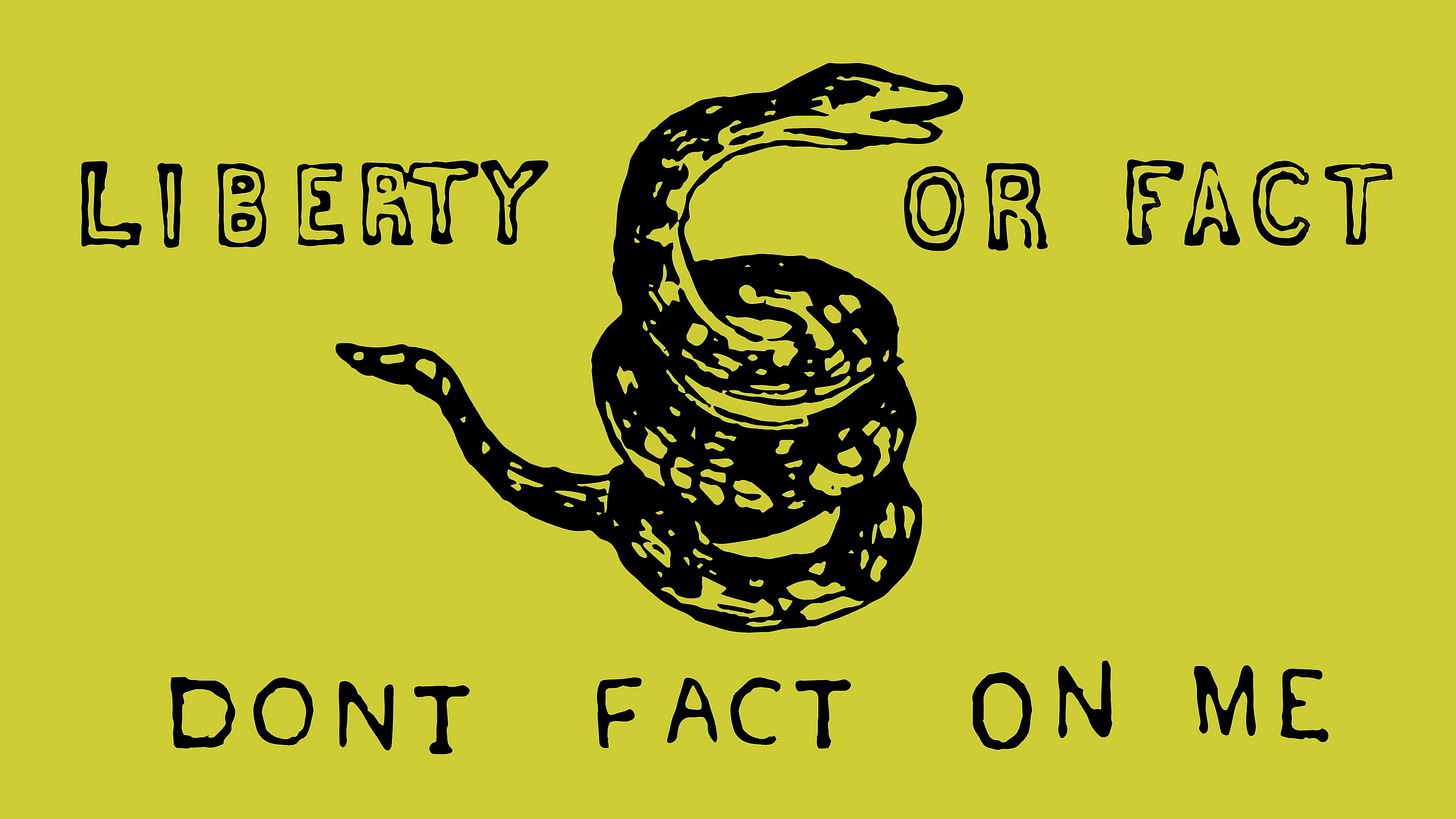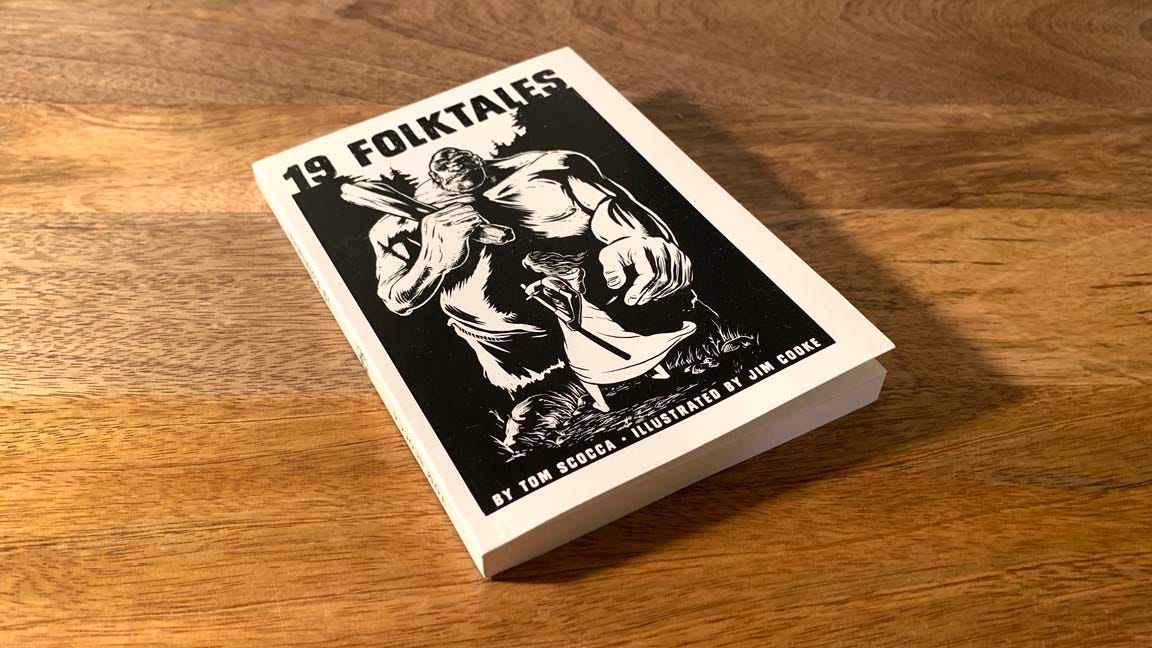Jonathan Chait declares independence from facts: INDIGNITY VOL. 3, NO. 114
THE WORST THING WE READ™
BUSINESS DEP'T.
HELLO! IN THE name of doing whatever we can to reach more readers, today we are experimenting with a new subject-line format. Instead of beginning with the VOLUME and NUMBER of today's Indignity, we have moved it to the end, to present the day's individual headline first. Is this more engaging? Or is it just confusing? Did you not notice? Let us know!
THE WORST THING WE READ™
Republicans Are Routinely Banning Instruction About Racism
THE CENTER-LIBERAL pundit Jonathan Chait put out a sort of manifesto yesterday, arguing that the nation needs more "independent-opinion journalism," a dispassionately truth-seeking argumentative journalism that is willing to criticize one's own partisan allies, the way that Jonathan Chait is willing to criticize the left wing of the Democratic coalition. Other people, unlike Jonathan Chait, are blindered by their ideological commitments and are fixated on trying to "directly encourage political outcomes."
Chait, meanwhile, is simply describing what he sees, to best inform his audience. What does Chait see? He sees a powerful movement on the left away from honest accounts of the facts, in favor of politically convenient narratives:
After years complaining why liberals lacked their own version of Fox News, we can now see something like it, cobbled together from websites and cable-news programming.
At the same time, the downsides of this new media world have become increasingly obvious. Along with their partisan messaging system, progressives are constructing a counterpart to the information bubble in which conservatives have long resided. Where it was once rare to encounter some pseudo-fact circulating among the left, it is now routine to find people believing Michael Brown was shot with his hands up, lab-leak is a debunked conspiracy theory, or that Republicans are routinely banning instruction about racism.
Can something "cobbled together from websites and cable-news programming" really be said to resemble the unified multimedia propaganda mill run by a single right-wing billionaire, explicitly devoted to boosting one political party? Are we talking about actual capacity here, or just vibes?
Even as vibes, the argument comes up short. Chait's rule-of-three set of "pseudo-facts" certainly is a list of shibboleths and/or mythic touchstones, but I'm not sure Chait was correctly assigning them to the left. If anything, it's much more of a litany of things that center-liberal pundits are fixated on.
And what makes them pseudo-facts, exactly? The shooting of Michael Brown might indeed, after much forensic investigation, have plausibly been the lone non-racist thing the Ferguson, Missouri, police department ever did. But mostly people just talk about all the subsequent, clearly unjustified police killings of Black people that followed it. This gives the story of Brown's killing an odd resonance with the current state of the Covid-19 lab-leak theory: it's still possible, in principle, that the virus escaped from a Chinese laboratory, but the particular story that lab-leak proponents were telling about where and how the leak would have happened has, in fact, been pretty much debunked.
Then there's the proposition that "Republicans are routinely banning instruction about racism." Chait's link led to a post by the tendentious anti-woke blogger Jesse Singal, arguing that the press, in writing about a Wisconsin Assembly bill to limit anti-racist and anti-sexist training and instruction, had conflated the testimony of the bill's author with the actual text of the bill. That's not exactly disproof of the larger question!
And even Singal, in his post, conceded that Wisconsin bill "risks banning, or at least having a chilling effect on, potentially useful discussions," and noted, on the broader subject of Republicans' various bills attacking what they call "Critical Race Theory":
One important thing to note is that their actual text isn’t the whole story. Part of the goal here is, in fact, to chill speech in classrooms. Just not quite as straightforwardly as the more lackluster coverage of this controversy is suggesting.
This was a long way from knocking down the "pseudo-fact" that "Republicans are routinely banning instruction about racism." It was even further away if you clicked on the link in Singal's post leading to an item on the PEN America website, written by Jeffrey Sachs in January of last year, describing how 88 "educational gag order bills" had been passed in the previous 12 months:
This year’s crop of educational gag orders will be even more censorious than 2021’s. They will target more institutions, regulate a wider array of speech, and impose harsher penalties. If current trends continue, they will also suffer from numerous internal defects and inconsistencies, the product of both a rushed drafting process and ideological zealotry. Their impact on the educational process may be severe.
In PEN report about the gag orders, also linked by Singal, Sachs wrote about the political aims of the legislation:
The majority of these bills target discussions of race, racism, gender, and American history, banning a series of “prohibited” or “divisive” concepts for teachers and trainers operating in K-12 schools, public universities, and workplace settings. These bills appear designed to chill academic and educational discussions and impose government dictates on teaching and learning.
What in the world did Jonathan Chait think he was debunking? Republicans are routinely banning instruction about racism! They are not especially subtle about it. Multiple states, for instance, have specifically outlawed the use of the New York Times' 1619 Project curriculum—material about the history of racism, meant for instruction.
To the extent that other parts of their anti-anti-racist agenda are vague or imprecise, it's a vagueness that extends to denying people jobs in education for supposedly being too interested in Black issues. Just yesterday, the Texas Tribune reported that Republicans in the state had blocked the appointment of the would-be head of a revived journalism department at Texas A&M, Kathleen McElroy, after a Tea Party–backed media outlet wrote about her "work at UT-Austin and elsewhere regarding diversity, equity and inclusion and her research on race, labeling her a 'DEI proponent.'”
The Texas Tribune piece recounted how McElroy—a veteran New York Times editor with a doctorate in journalism and years of experience running a university journalism program—said she was warned her job offer was in jeopardy:
In that conversation, McElroy said they alluded to what happened to journalist Nikole Hannah-Jones when the University of North Carolina’s board of trustees denied her a tenured position a few years ago because of her Pulitzer Prize-winning work covering race in America, despite a recommendation for tenure from the university’s journalism department. Texas lawmakers have banned Texas public schools from requiring students to read work spearheaded by Hannah-Jones.
What could lead a pundit to deny this clear and straightforward set of facts? One might almost think it was a matter of putting ideology ahead of the truth.
DEP'T OF CORRECTIONS:
ALERT READER Trevor Coe pointed out that Monday's item about the New York Times sports section misidentified the soccer match that the United States Women's National Team played against Wales: it was their final friendly match before World Cup qualifying began, not a World Cup qualifying match.
WEATHER REVIEWS
New York City, July 11, 2023
★★★★ Dappled shadows lay on the pavement. The dogwood in the back courtyard was still. The air was dry and beneficent, and there was just enough haze to soften the light. From the back of the M10 bus, the view was expansive and verdant, if slow-moving. A dragonfly lay dead outside the Apple Store, with eight black spots spread across its upside-down wings. The cheeses at the sidewalk tasting table had softened and warmed into a baroque complexity of flavors. There was no choice but to go inside and buy some.
EASY LISTENING DEP’T.
SANDWICH RECIPES DEP’T.
WE PRESENT INSTRUCTIONS for the assembly of select sandwiches from "Dame Curtsey's" Book of Recipes, by Ellye Howell Glover, Author of “Dame Curtsey’s” Book of Novel Entertainments, etc. Published in 1909, this book is in the Public Domain and available at archive.org for the delectation of all.
Dutch Supper Sandwiches
THESE are usually made from rye bread. Between the buttered slices, chopped beef, cheese, or chicken, covered with finely chopped pickles, or bologna sausage, may be spread, or a layer of bologna sausage, then a thin layer of pumpernickel, covered over with another thin slice of rye bread. Cut into strips not over half an inch wide and the length of the slice. Serve on lettuce leaves.
Mock Paté de Fois Gras Sandwiches
EQUAL parts of boned and skinned sardines and cream cheese, mashed to a pulp together, produce a combination which tastes almost exactly like goose-liver paté, is much cheaper, and not as indigestible. Spread on entire wheat bread.
If you decide to prepare and attempt to enjoy a sandwich inspired by this offering, kindly send a picture to us at indignity@indignity.net.
MARKETING DEP'T.
19 FOLKTALES collects a series of timeless tales of canny animals, foolish people, monsters, magic, ambition, adventure, glory, failure, inexorable death, and ripe fruits and vegetables. Written by Tom Scocca and richly illustrated by Jim Cooke, these fables stand at the crossroads of wisdom and absurdity.
Thanks for reading INDIGNITY, a general-interest publication for a discerning and self-selected audience. We depend on your support!






